Letter recognition Normal Tracing Letters Worksheets for 4-Year-Olds
9 filtered results
-
From - To
Introduce your 4-year-old to the world of letters with our engaging Letter Recognition Normal Tracing Letters Worksheets. Designed to develop early literacy skills, these worksheets combine fun with structured learning, helping young children recognize and trace each letter of the alphabet. Perfect for preschoolers, the activities promote fine motor skills, hand-eye coordination, and letter identification. Each worksheet offers ample practice, ensuring your child builds a strong foundation for reading and writing. Start your little learner’s alphabet journey with our effective and enjoyable tracing exercises, turning learning into an exciting adventure. Explore our collection today to enhance your child's early education!


Letter P Tracing Page
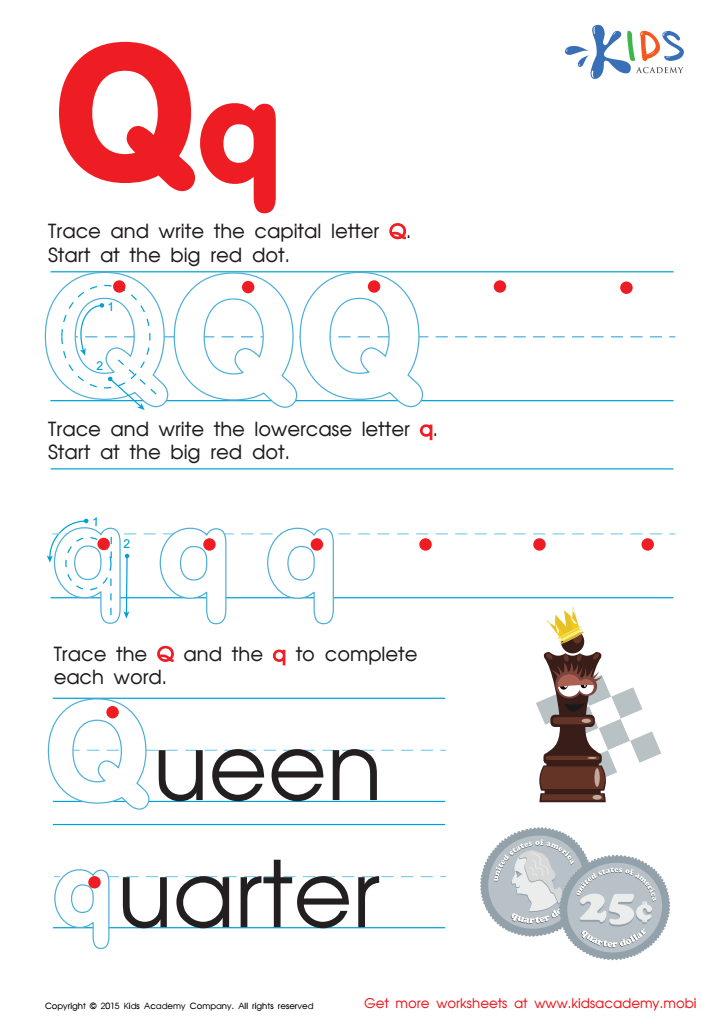

Letter Q Tracing Page


Letter H Tracing Page
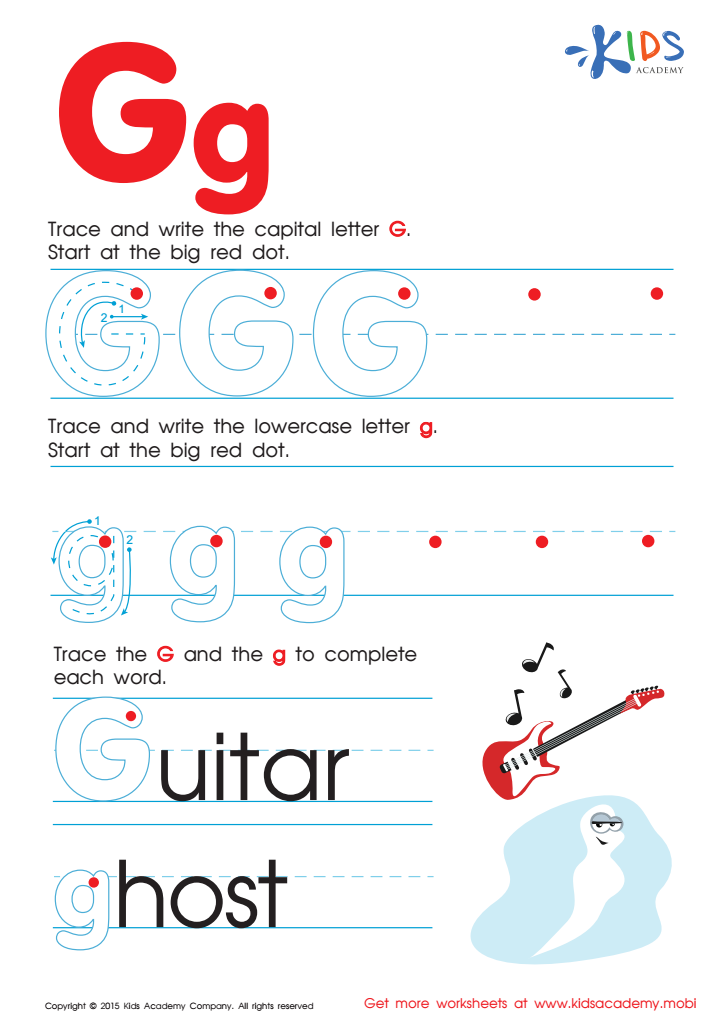

Letter G Tracing Page
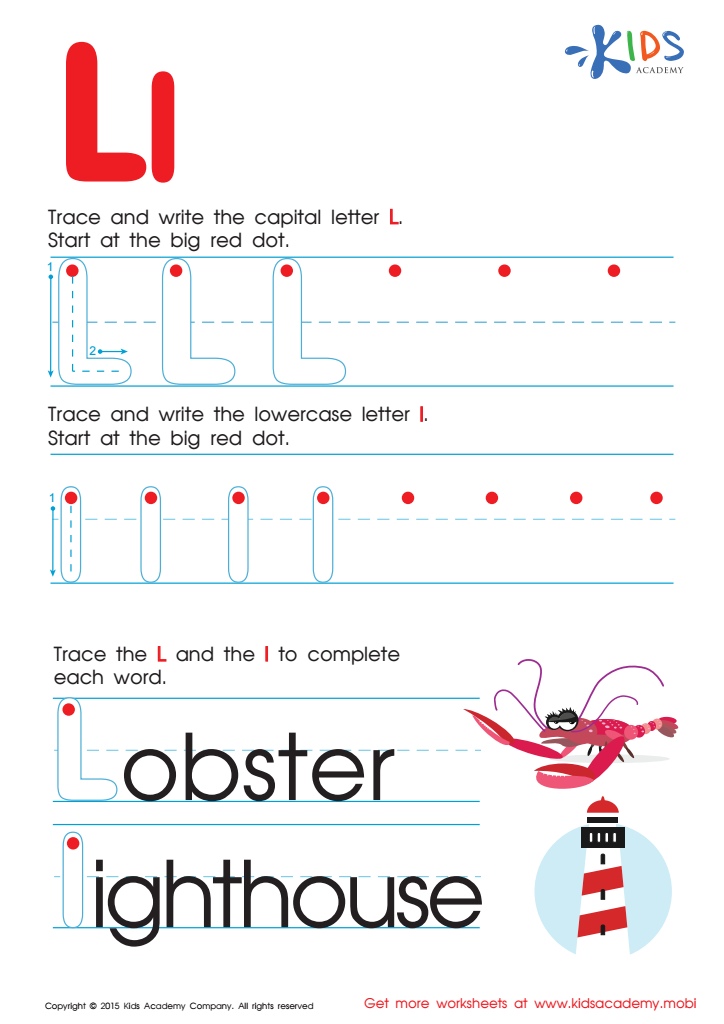

Letter L Tracing Page
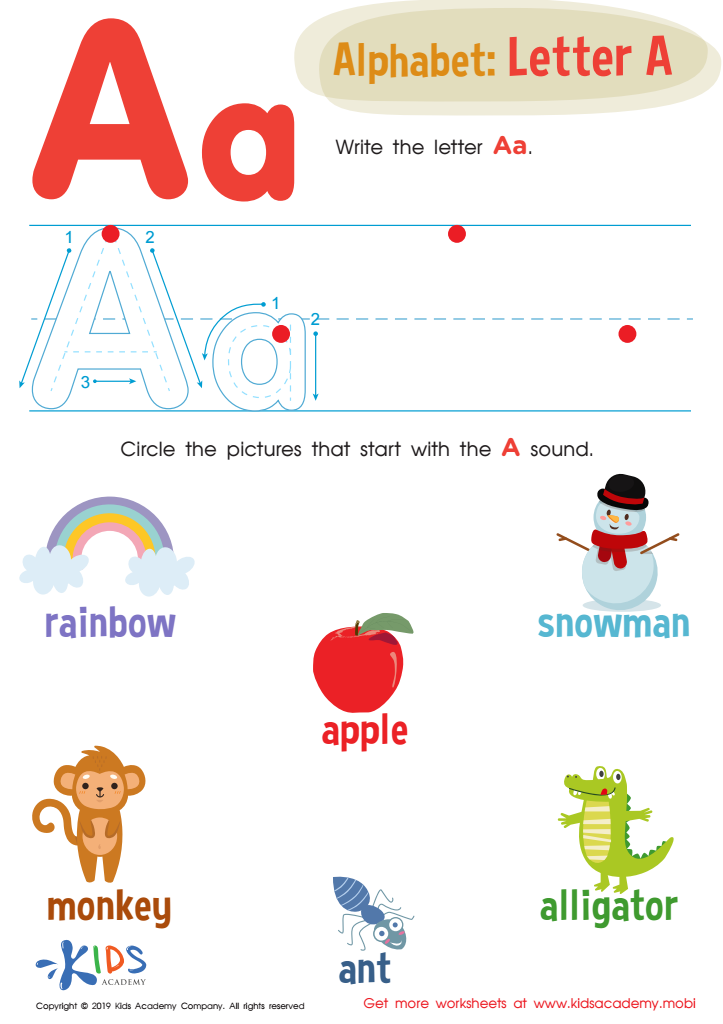

Letter A Tracing Worksheet
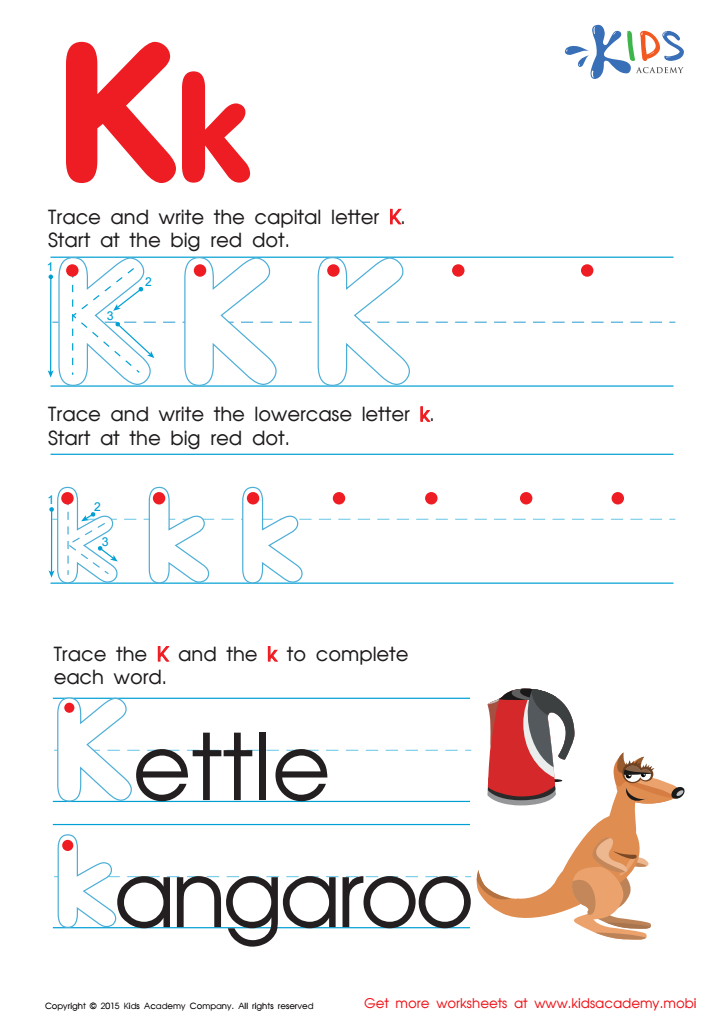

Letter K Tracing Page
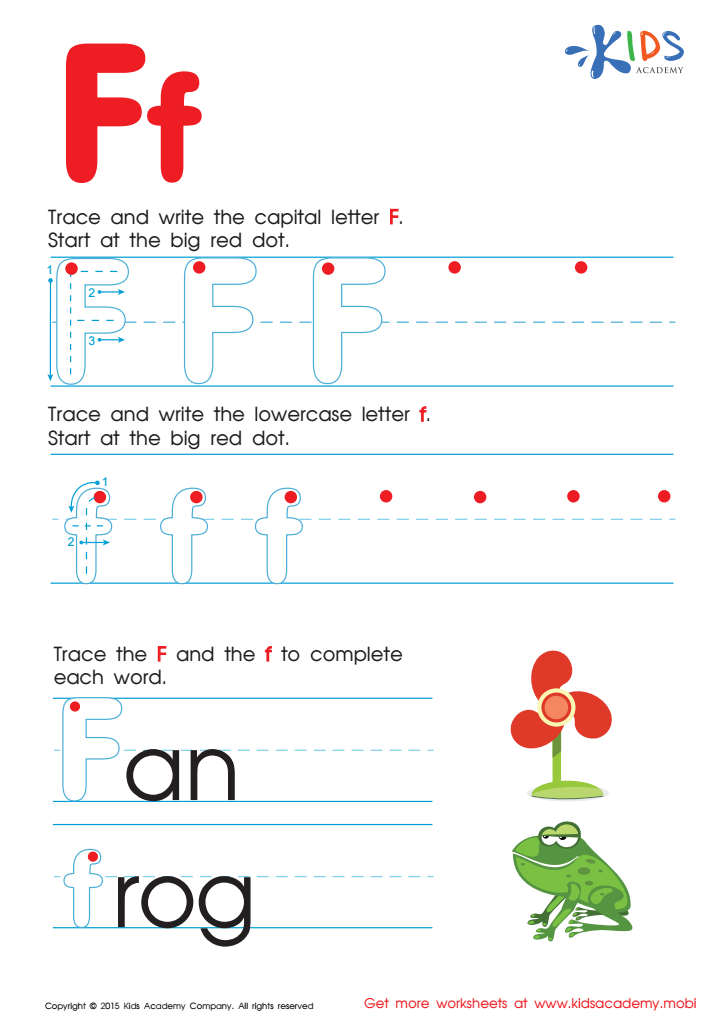

Letter F Tracing Page
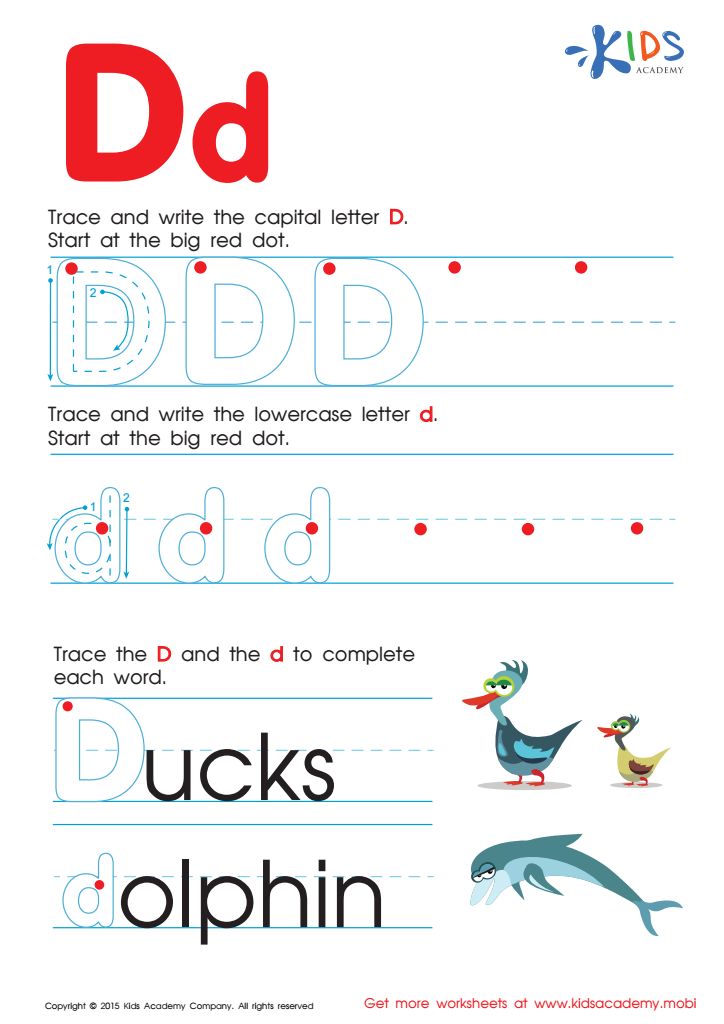

Letter D Tracing Page
Letter recognition and normal tracing of letters play a crucial role for 4-year-olds in their early educational journey. For both parents and teachers, fostering these skills is essential as they lay the foundation for reading and writing, critical components of early literacy. Recognizing letters helps children understand that each letter has a unique shape and corresponding sound, which leads to better phonemic awareness. This awareness is key in developing decoding skills, enabling children to eventually read new words on their own.
Furthermore, normal tracing helps in developing fine motor skills and hand-eye coordination. When children trace letters, they practice controlling hand movements, which enhances their ability to write legibly. This practice leads to improved handwriting skills and makes the learning of complex tasks easier as they grow.
Additionally, early mastery of letter recognition and tracing can boost a child's confidence and love for learning, fostering a positive attitude towards school. Early identification of any difficulties in these areas can also enable prompt interventions, minimizing future struggles with reading and writing.
Therefore, both parents and teachers should give due attention to letter recognition and tracing activities. Investing time in these foundational skills ensures children are well-prepared for the demands of formal education, shaping their academic future positively.
 Assign to My Students
Assign to My Students














